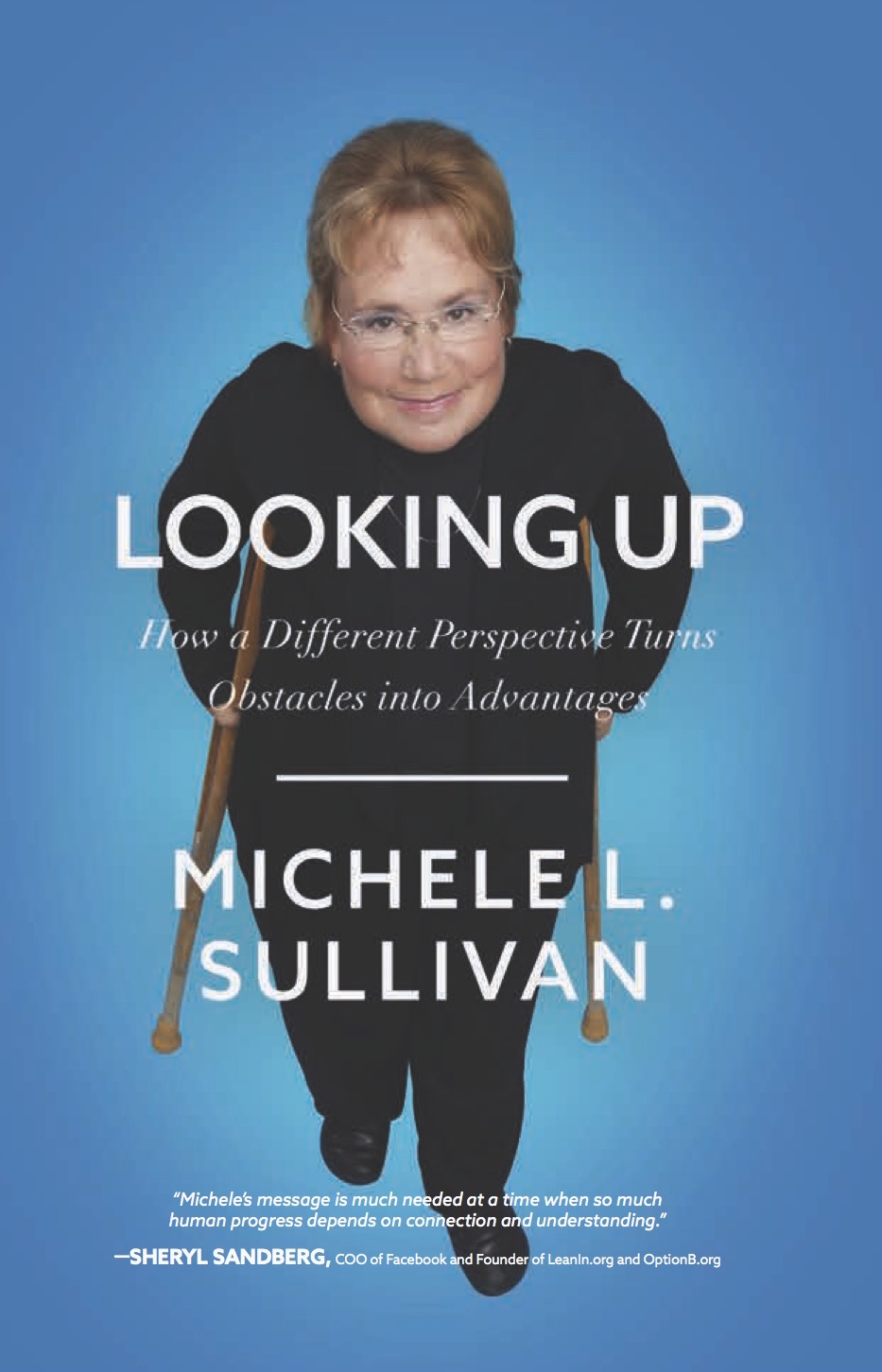Learning to depend on one another is a challenge in our current day and age. Independence is still the prized trait. It’s commonly seen as a sign of physical capability, emotional strength, and even an innovative mind. While all these things might very well be true of an independent person, there’s one common element of independence we never talk about, maybe because it ruins the anecdotal heroes we’ve lauded for so long. Independence has limits.
One day early in my career, my supervisor called me in and I didn’t know why. He was a sharp systems guy in his midforties, short, with glasses, and slightly balding. His relational approach, which I appreciated, was direct. He didn’t pull punches and said only what was needed. I sat on the very uncomfortable pleather chair opposite his desk, and he wasted no time explaining that my coworker who supported the other half of the company’s sales reporting system was moving to a new job.
“You’re going to take over his part of the system too,” he instructed.
“I will support the whole system, end to end?”
“Yes, that’s right.”
This was the proving ground I’d sought. It was all up tome, and I felt confident I could do it. Then the first of July came, and my system began running its quarterly processes, which detailed when, where, and how much of our products sold around the world.
As you can probably imagine, the quarterly sales results were always eagerly anticipated by the sales and marketing folks. My phone would typically ring early and often when a quarterly report was due, to make sure it was coming. Meetings hinged on the reports. Bonuses were won and lost. People banked promotions on the numbers I was charged with providing. The hope around the office was that the numbers were really up, so I was poised to be the bearer of good news. But then there was a glitch in the system the morning I went to run the reports.
I spent four hours trying to figure it out, making several calls to outside technical people. No one knew what to do. Keep in mind, this was the mid-1990s. I wasn’t just clicking a button and getting an error message. I was typing commands into the prompt on the screen—commands that had worked in the past. I understood the system forward and backward, so I thought. At 1:00 p.m., a VP called to say his report had not been delivered. “I’m working on it,” I assured him, but I needed someone to assure me. The VP’s voice was the straw that broke the camel’s back. I stepped out of my office and commenced the walk of shame into my supervisor’s office, which I had never done to that point. I showed him print-outs of the error, the system documentation, and the names of the tech experts I’d spoken to. I was at a complete loss, I confessed, and needed his advice. He looked over my stack of papers. Pecked at his computer some. Then, still staring at his screen, he confessed he was at a loss too. My body felt like a furnace. I was letting everyone down—people who had put a lot of faith in me.
I left my supervisor’s office and walked to the bathroom, slower than my normal slow, racking my brain about what to do. As I pushed through the bathroom door, I whispered, “God, please help me; please guide me.”
I was walking back to my office when a shadow came up behind me and covered my own. I giggled. “You can’t sneak up on me!” I said playfully and turned to see who it was. There wasn’t a soul in sight. I stood statue still for a moment, swiveling only my eyes left and right. No one, and no sign of anyone either. For a minute I forgot my dilemma. Then something snapped me back into reality, and I hurried to my desk.
I looked at my screen and the same error message I’d been staring at all day. Suddenly, it came to me. I saw where the problem could be. I pecked at my keyboard for fifteen minutes. Then I ran a test report. No error message. It worked! I initiated the real reports this time, and they began populating.
I hurried down the hall to my supervisor’s office to tell him the good news.
“How’d you fix it?” he asked.
“Divine intervention.”
“No, really,” he replied.
“I’m serious,” I insisted.
He looked at me and could see that I wasn’t joking. “Whatever it takes,” he concluded. “Nice work.”
I never explained to him the whole story of what had happened in the hall outside the bathroom. I guess I had the sense that God wanted me to enjoy that win. And maybe he also wanted me to see that I couldn’t do it alone. It was a lesson I’ve never forgotten.
In truth, that inexplicable story did more than remind me that I needed help; it was a stronger reminder that I shouldn’t be afraid to ask for help.

Follow us here and subscribe here for all the latest news on how you can keep Thriving.
Stay up to date or catch-up on all our podcasts with Arianna Huffington here.


